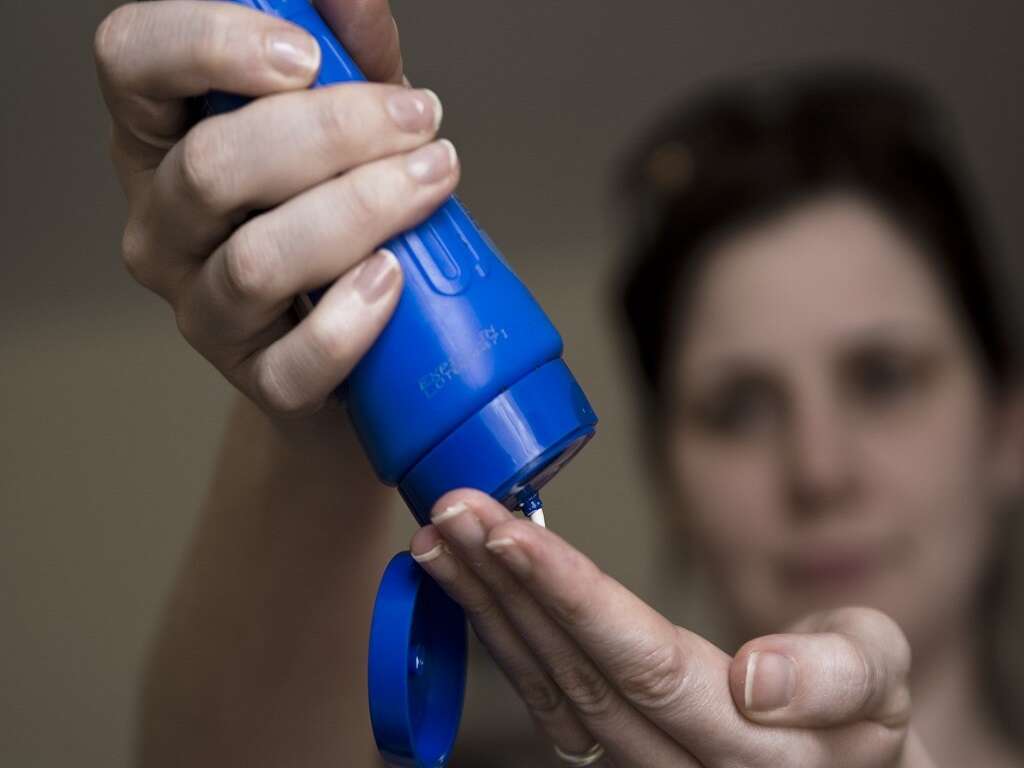What Is Systemic Scleroderma?
3. What Are the Complications?
As an autoimmune disease, scleroderma can affect many parts of the body. The severity and specifics will vary depending on a patient’s specific diagnosis. However, in general, there are seven areas that should be watched for complications: fingertips, teeth, digestive system, heart, lungs, kidneys and sex organs. The development of Raynaud’s disease is relatively common among systemic scleroderma patients. However, the restriction of blood vessels caused by this condition can be so severe as to permanently damage the tissue of the fingertips. Systemic scleroderma can also lead to severe tooth decay because of the shrinking and narrowing of the mouth. The tightness of the face resulting from skin fibrosis often makes dental hygiene difficult.
Also, there is less saliva produced among patients, which increases the rate of decay and tooth loss. Additionally, if the disease affects the digestive tract, patients may have internal discomfort and complications, leading to chronic heartburn, cramps and problems using the restroom. Scleroderma affecting the heart is dangerous and potentially life-threatening because it can lead to abnormal heartbeats and possible congestive heart failure. If the disease leads to scarring of lung tissue, lung function is compromised and individuals may struggle to breathe, possibly developing high blood pressure. Next, a common complications of scleroderma of the kidneys includes elevated blood pressure and increased protein levels in urine, which can lead to renal crisis and kidney failure. Last, the disease may inhibit sexual function. In men, it may lead to erectile dysfunction, and in women vaginal constriction and reduced output of sexual lubrication may be experienced.
Advertisement












